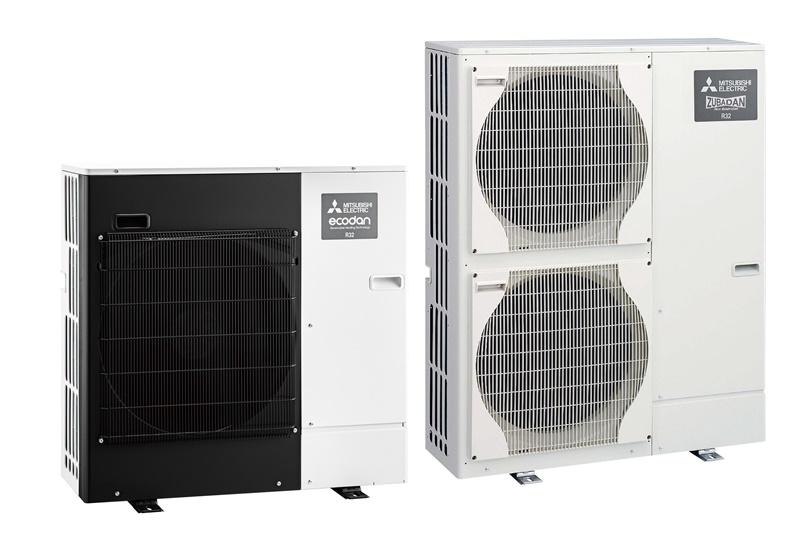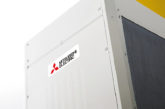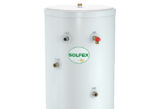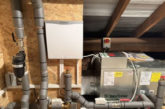
Heat pump manufacturer, Mitsubishi Electric, is calling on the construction industry to come together to address the UK’s need to quickly transition to low carbon heating – as it launches what it believes is the widest range of commercial and residential heat pumps on the market.
The company said that achieving the Government’s ambitious target of 600,000 heat pump installations a year by 2028 will require a tenfold increase in the number of installations over the next five years, presenting a significant opportunity for businesses throughout the supply chain to help customers in the transition to low-carbon heating.
Mitsubishi Electric is adding to its renewable heating range to support this ambitious target. The most recent products from the company include two new commercial heat pumps with the MEHP-iS-G07 heat pump chiller from the company’s Italian factory, and the new Ecodan CAHV-R air source heat pump, which updates the CAHV-P model and uses R454C refrigerant, with a lower GWP (Global Warming Potential) of 148.
“In the commercial sector, there is now a strong case for renewable heating and businesses are aware of the need to move from gas, with many actively planning this in their annual budgets,” explained Philip Ord, Director of Commercial Products. “The heat pump industry is therefore pushing against an open door but we need to give specialist support to the whole supply chain on just how this is practically achieved”.
Domestic and Light Commercial
The new commercial products join the Ecodan Ultra Quiet residential air source heat pump range and the Ecodan Hydrodan water-to-water heat pump, launched last year, which works with fifth generation, low temperature heat networks. The company has also promised further additions to the domestic Ecodan line-up later in the year.
“We have a wide range of ultra quiet heat pumps ideal for anything from homes to light commercial use. The challenge now is to look at ways of maximising the efficiency of the buildings they are being installed into,” commented Russell Dean, Director of Residential Heating Systems.
Mitsubishi Electric is also developing its Ecodan range by working closely with its Scottish manufacturing plant to deliver systems that match the needs of British homes.
“We can now provide a heat pump for anything from a small, modern home right up to a 1000+kW heat pump chiller that will service a school, a leisure centre, a hospital, or an entire university campus,” added Martin Fahey, Head of Sustainability.
Changing the way we heat buildings
Heating accounts for almost a third of all UK carbon emissions, so changing how we heat our buildings is a critical part of tackling climate change and reaching net zero. Although modern heat pumps have been available for over a decade, the renewable heating market is still in its infancy. However, the company believes that the industry needs to come together and find ways to apply heat pumps as quickly as possible.
“We need to quickly transform the landscape for heating by decarbonising the way we provide heat to homes and businesses,” said Martin Fahey. “We also need to make sure that we use the right products for the right application, and this is where education, training and support play such an important role”.
“As a manufacturer, we’ve responded by developing what we believe is the most comprehensive range of heat pumps for almost any building in the country,” added Russell Dean. “We’ve also quadrupled the amount of training available for plumbers and heating engineers and made it easier for them to learn how to apply renewable heat pumps in different situations.”
The company believes that by announcing this comprehensive range of renewable heating systems it can help construction companies, building owners, contractors and installers across the industry to reduce running costs, improve energy efficiency and lower carbon emissions.
“The age of the heat pump is upon us and the products are available now,” explained Philip Ord, “the challenge is how we work together to increase the number of renewable heating engineers and ensure that every building can benefit”.













